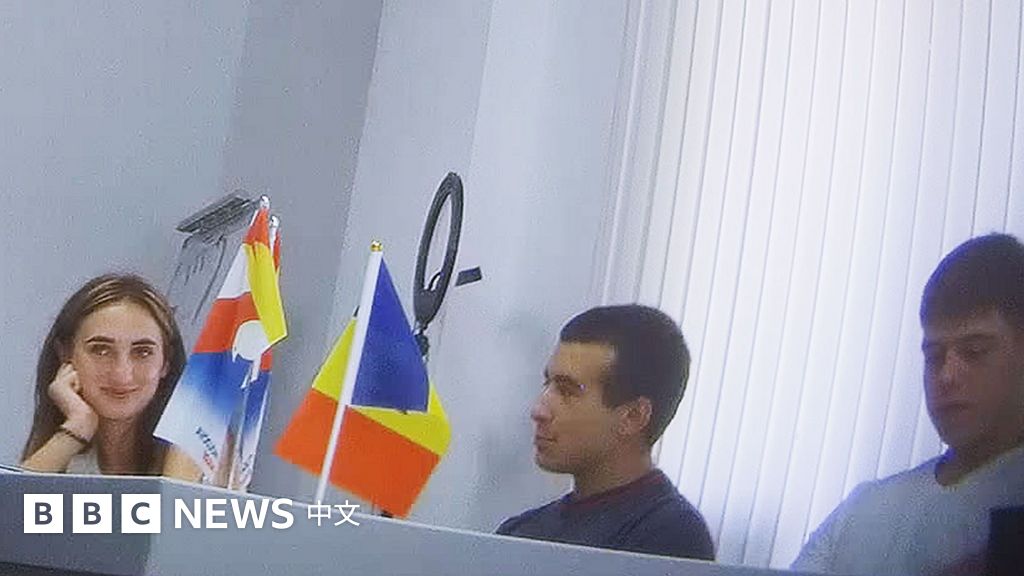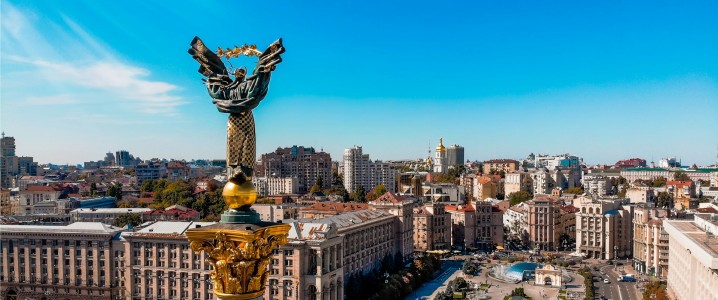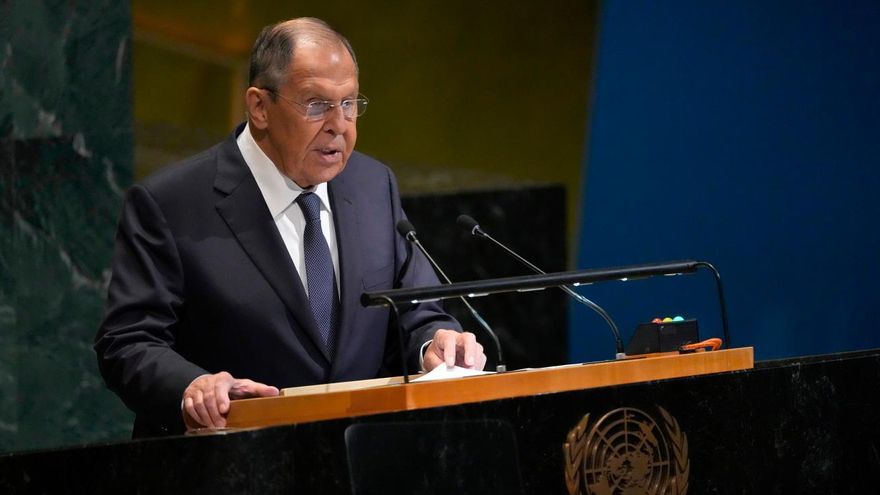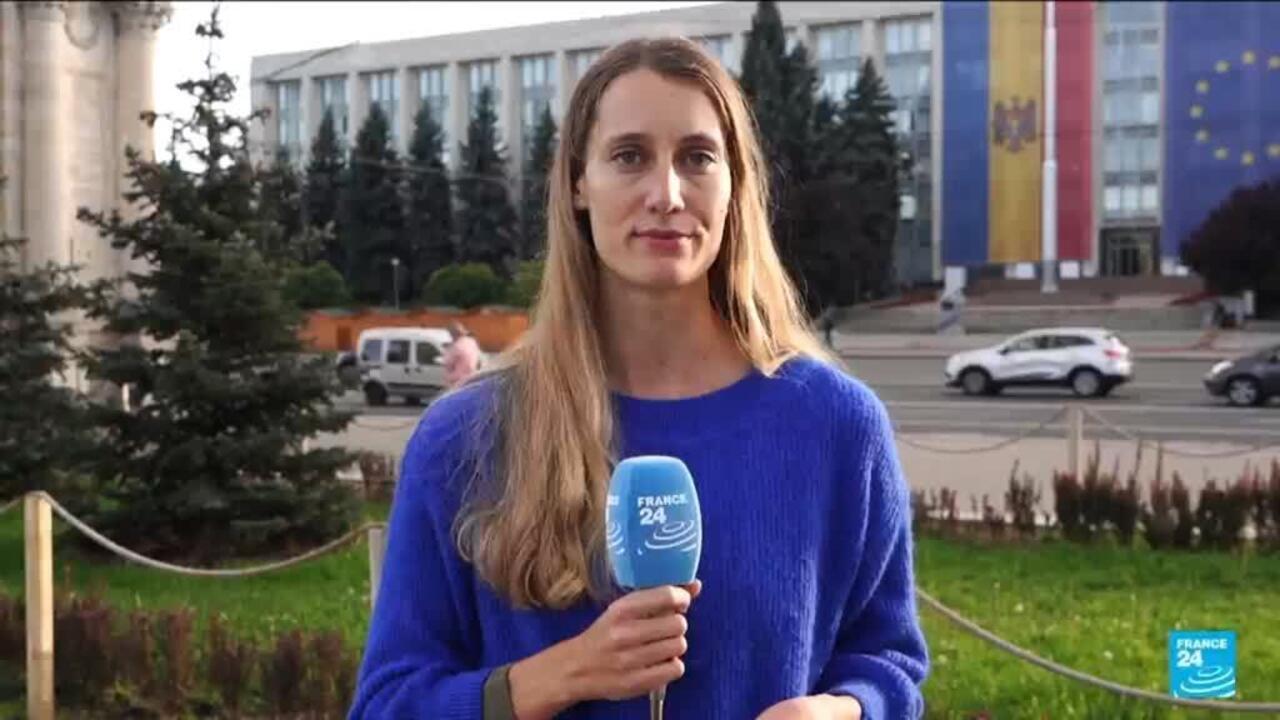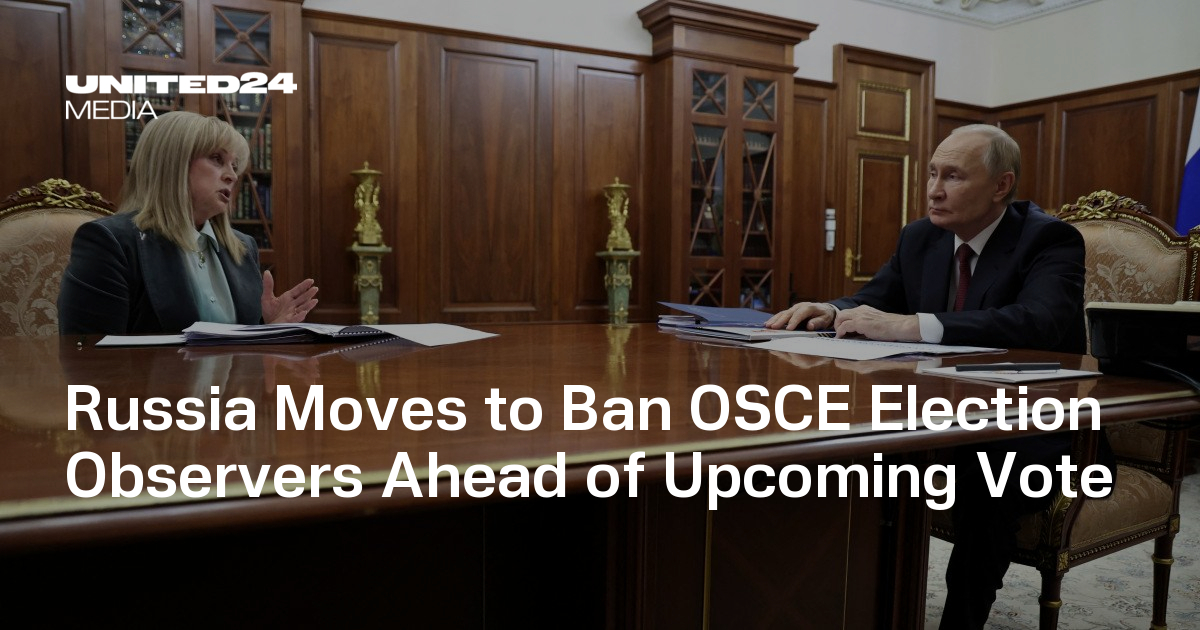Moldova's Pivotal 2025 Parliamentary Elections: A Crossroads Between the EU and Russia
Moldovans headed to the polls on September 28, 2025, for parliamentary elections that could determine whether the country continues its path toward European Union (EU) membership or drifts back into Moscow's sphere of influence. The elections have been overshadowed by allegations of Russian interference, with both the government and the EU raising concerns.
Accusations of Russian Interference
President Maia Sandu of the pro-EU Party of Action and Solidarity (PAS) has accused Russia of "massive interference" in the elections. She warned that Moldova could "lose everything it has won" in its efforts to break away from Russia's orbit, potentially impacting other countries like Ukraine. Moscow has denied these allegations, while the largely pro-Russian opposition has accused PAS of planning fraud.
"If Moldovans will not mobilise enough and if Russia's interference will impact significantly our elections, then Moldova might lose everything it has won and this could be a significant risk also for other countries like Ukraine," - President Maia Sandu.
Moldovan authorities have conducted raids and detained individuals allegedly involved in Russian-backed schemes, including vote-buying and plans to incite unrest. Two pro-Russian parties, Greater Moldova and Heart of Moldova, were disqualified from participating in the vote due to concerns over illegal financing and foreign funding.
The Political Landscape
Moldova has long been divided between closer ties with Brussels and maintaining relations with Moscow. The ruling PAS party, in power since 2021, has been leading in most polls, but analysts say the race is far from certain. Several parties vied for seats in the 101-seat parliament.
- Party of Action and Solidarity (PAS): The pro-EU ruling party led by President Maia Sandu.
- Patriotic Electoral Bloc (BEP): A Russia-friendly alliance of parties, including the Socialist Party and the Communist Party, led by figures like former President Igor Dodon.
- Our Party: A populist party led by Renato Usatîi, who has ties to Russian state railways.
- Alternative Bloc: A newly created bloc led by Chișinău's Mayor Ion Ceban, which declares itself as Pro-European, despite the leader being banned by Romania from entering the Schengen Area.
Economic Challenges and Public Sentiment
Voters in Moldova, one of Europe's poorest countries, have expressed frustration over economic hardship, including high inflation and rising costs of living. Scepticism also exists regarding the push for EU membership, launched after Russia's 2022 invasion of Ukraine. While some citizens yearn for a return to "Russian times," others seek to emulate prosperous European countries.
Geopolitical Implications
The outcome of the election is being closely watched in Brussels and other European capitals, where fears are high that Moscow could gain a foothold in a strategically vital region. A western diplomat stated that a Moldova turning back to Russia would pose a "massive headache for European security." The election result will determine whether Moldova continues its path towards EU membership or is drawn back into Russia's orbit, with potentially significant implications for regional stability.
 Visit the website
Visit the website

